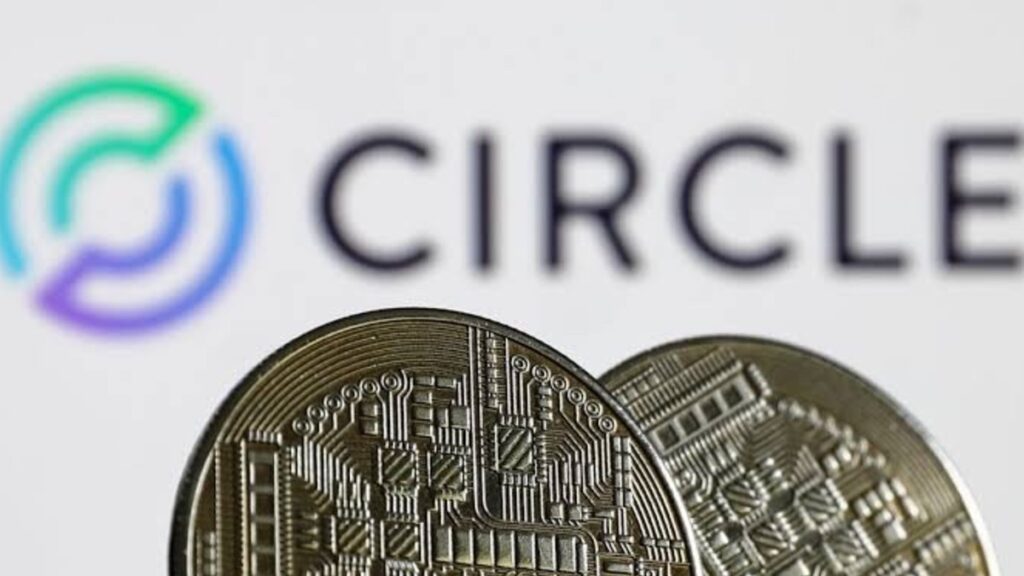The creator of stablecoin, Circle, intends to provide tap-to-pay on Apple iPhones using USDC.

The company’s CEO, Jeremy Allaire, mentioned a recent announcement from the California-based tech giant, saying it would permit outside developers to include the iPhone’s Near Field Communication chip into their applications, in a post published on August 14.
The NFC chip allows for short-range wireless communication when two devices are close together, usually within a few centimeters.
Establishing a secure link between the NFC-enabled devices enables contactless data exchange, such as file sharing and payment processing.
This technology, which was previously exclusive to Apple native platforms like the Apple Wallet and Apple Pay, will be utilized by Allarie’s Circle.
A point-of-sale device might provide information to cryptocurrency wallets on iPhones that use this function, such as “what blockchain address it will accept USDC on, or the amount to pay,” according to Allaire’s explanation in a follow-up article.
Apple Safeguard Element, a specialized piece of hardware used in Apple products that isolates sensitive data from the rest of the device’s hardware and operating system, supports Apple’s biometric verification method, such as FaceID, to safeguard the transaction.
Jeremy Allaire, CEO of Circle:
Wallet developers should start using the latest Apple iOS SDKs that support this and ready their apps for USDC Tap to Pay […] PoS hardware/software companies should ready firmware updates so that they can send/receive these NFC instructions, and work with their Payment Processors to ensure that those firms upgrade to support native USDC settlement.”
According to Allaire, the function might be used in conjunction with a blockchain network that is “high-performance and low-fee” to facilitate “direct-to-merchant USDC payments.”
He continued that the innovation’s functionality goes beyond USDC and may be applied to other NFT and stablecoin-based apps.
The United States, the United Kingdom, Canada, Japan, New Zealand, Australia, and Brazil will be the first countries to receive Apple’s most recent SDK upgrade.
The IT behemoth has generally avoided becoming involved in the cryptocurrency business and has even placed several limitations on apps related to the industry.
The company’s approach of taking a 30% commission on in-app sales of NFTs made through the App Store drew criticism last year. Before, Damus, a social media site with a Bitcoin tipping component, was restricted by Apple.
The company claims that the tipping feature is against app store standards, which require the use of Apple’s in-app purchases.
